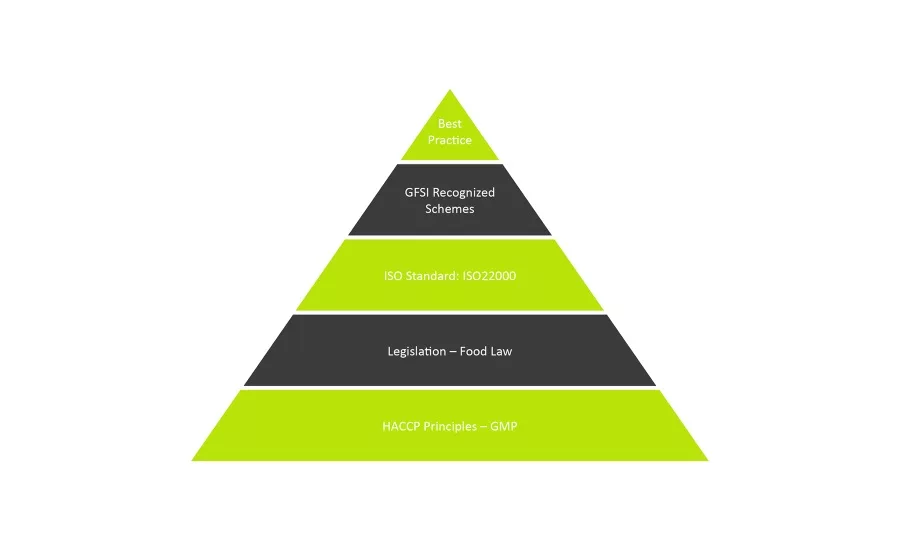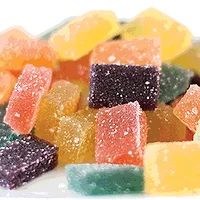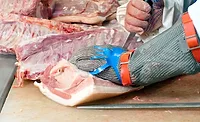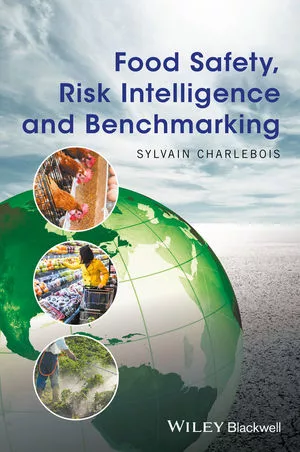Laws and standards counteracting risk in the food industry
A new Whitepaper from Sesotec can help you choose the right food safety standard for your business

Food safety is a defining aspect of the global food industry. On the one hand, there are legal regulations specific to individual countries, and on the other, there are private, third-party certifications such as IFS, BRCGS, SQF, and FSSC 2200. Retail chains require their suppliers to meet certain food safety standards to ensure that food safety and quality are guaranteed. In this way, standards are the entry tickets to many markets.
The most important requirement in the food industry is that every product meant for human consumption must be pure and safe. A significant amount of expenditure in any food industry business is spent on protecting consumers from contaminated or unsafe foods. These preventative measures are both time- and resource-intensive, but constitute an essential part of doing business in the food industry.
Ensuring food safety and product quality is a demanding, ongoing undertaking that affects every level of the food supply chain. In order to prevent recalls and improve productivity, food processors and manufacturers need an effective food safety management system.
This Whitepaper from Sesotec outlines the legal requirements for food safety in some of the world’s major markets and compares them with the most common standards. This information is meant to help food industry companies choose the best standard for their business.
The Whitepaper covers the following topics:
- Legal food safety requirements in the EU, USA, and China
- Food safety standards
- A comparison of GFSI-accepted standards (IFS, BRCGS, SQF, FSSC 22000)
- Selecting a food safety standard
The Whitepaper can be downloaded from the Sesotec website by clicking here.
Looking for quick answers on food safety topics?
Try Ask FSM, our new smart AI search tool.
Ask FSM →







